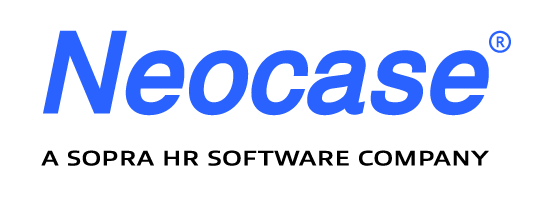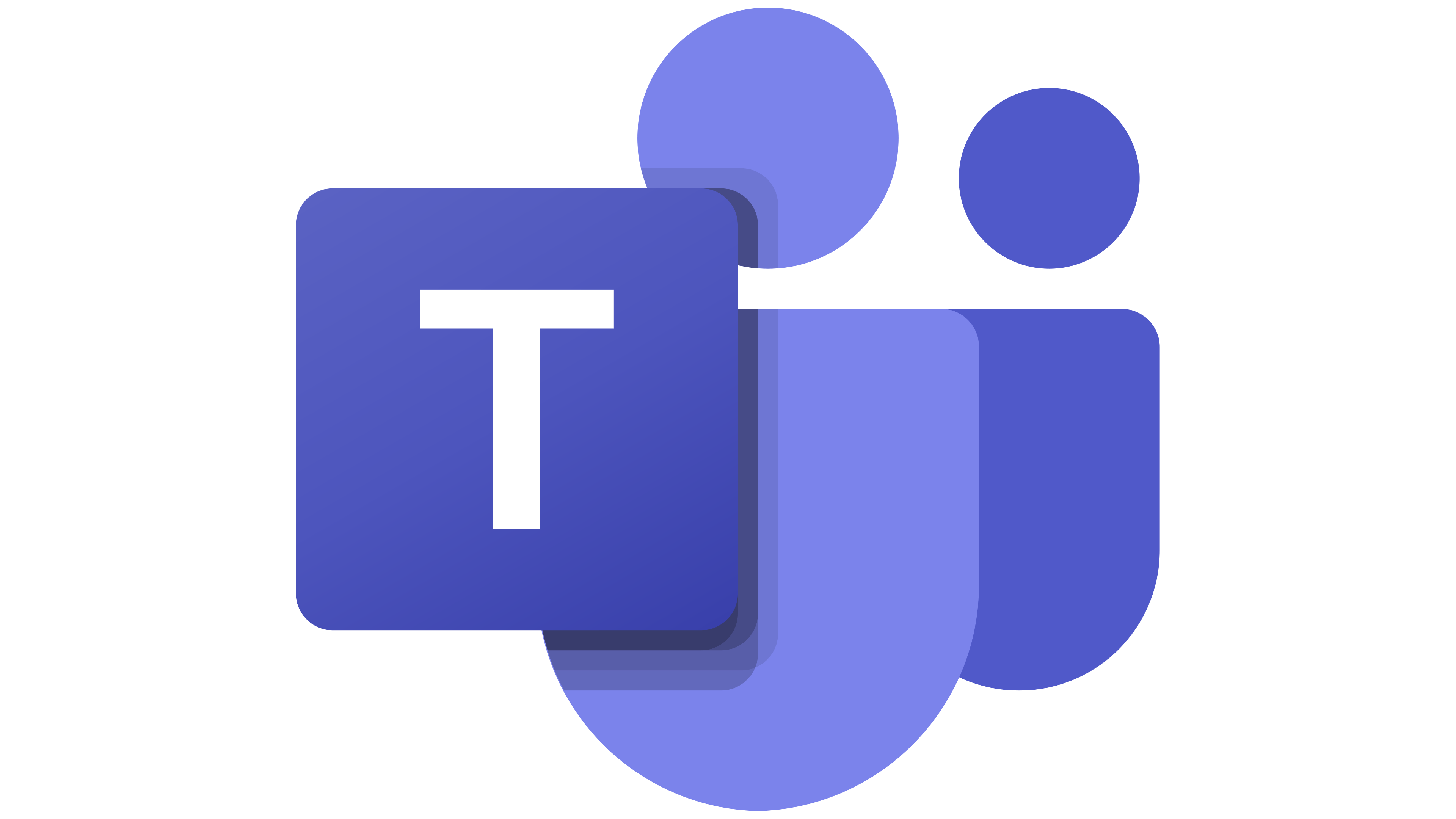Have you ever called your Internet Service Provider (ISP) because your WiFi didn’t work? Remember how the service rep asked you a few questions, then gave you detailed instructions to fix the problem? He was reading an article from the ISP Knowledge Base.
Virtually every help desk is built on top of a Knowledge Base, including HR help desks. But an HR Knowledge Base is different.

What’s different about an HR Knowledge Base?
To understand the differences, let’s compare the Knowledge Base in HR to the Knowledge Base in an IT help desk. The essence of IT is the technology, and that technology is the same for each person that uses it. If three different people ask how to change their network passwords, the answer will be the same for each person.
The essence of HR is the humans, or the individual employees. So, if those same three people ask about their benefits policies, the answer can be different for each person. The HR Knowledge Base must respect the individuality of each employee by personalizing search results or responses, and do it in three ways:
- Employee-based personalization
- Relationship-based personalization
- Article-based personalization
Let's look at each of those in a little more detail.
An HR Knowledge Base Supports Employee-based Personalization
You know how our Amazon home page shows you exactly the things you care about, right? That's because Amazon knows who you are, your preferences, history and other details about you. Amazon uses that information to filter out what doesn't matter, and only show you what does. That's personalization.
Sasha in the Albany office is represented by a union, and she’s been with the company for three months. Jorge in the Zamora office is a 22-year veteran. There are dozens of different benefits policies offered by their employer.
When Sasha and Jorge search the Knowledge Base using the phrase “my benefits policy,” they’ll each see a different answer. And the answers they see will reflect the details of who they are, based on the data in their employee records.
When answers are personalized this way, employees have a better experience, develop confidence in the portal and Knowledge Base, and are less likely to call HR for clarification.
An HR Knowledge Base Has Relationship-based Personalization
Ok, so we just finished saying how your HR Knowledge Base give personalized answers to Jorge based on the data in his record, right I know what you're thinking... You're thinking, "What if Jorge in Spain has a direct report in New York – Edna – and Jorge needs to see Edna’s benefits policy.
An HR Knowledge Base should enable one employee to search "on behalf of" another employee if they have a defined organizational relationship with that other employee. That relationship may be Manager to Direct Report, or HR Business Partner to Employee.
An HR Knowledge Base Has Article -based Personalization
Here's the thing about an HR Knowledge Base: it can get pretty big. Big, as in 2,000 or more articles. And the more articles there are, the more time someone needs to spend managing the updates.
Here’s where Article-based personalization makes life easier for the person that manages Knowledge Base content. Let's say you're a regional healthcare provider with 71 locations. And each location has a separate employee parking area. You’re create an article for new hires, called "How to have a happy first day at ACME Healthcare," and the article includes instructions on where to park your car.
Normally, you’d have to create 71 unique articles, each with a different set of parking instructions. Article personalization helps you to get around that, by using “article inserts” for the section of the article about “where to park.”
When an employee views the article, the correct insert will dynamically appear, according to the data in the employee record. So, the employee benefits by enjoying a personalized user experience, and HR benefits, by managing a single Knowledge Base article, instead of 71!
In Summary
Personalization is what makes an HR Knowledge Base different from those in other help desk environments. When your HR Knowledge Base has personalization at three levels – the employee, the organizational relationship, and the article – you’ll enrich the employee experience, and increase your Tier Zero Resolution.
What’s next?
Hopefully, we’ve answered "What is an HR Knowledge Base?" But there’s more to learn. The Knowledge Base is one component of what Gartner refers to as an "Integrated HR Service Delivery Solution."
In addition to the Knowledge Base, the "full solution" includes multiple access channels, a Self-service Portal, Business Process Automation, Employee Document Management and Reporting and Analytics. That's a lot to learn. But don't sweat it - we'll cover each topic in up-coming blog posts.
The HR Knowledge Base is one part of an HR Service Management solution, according to Gartner. Another component is HR Case Management. We’ll introduce others in upcoming posts, so stay tuned!

 Microsoft Teams
Microsoft Teams
 Workday
Workday
